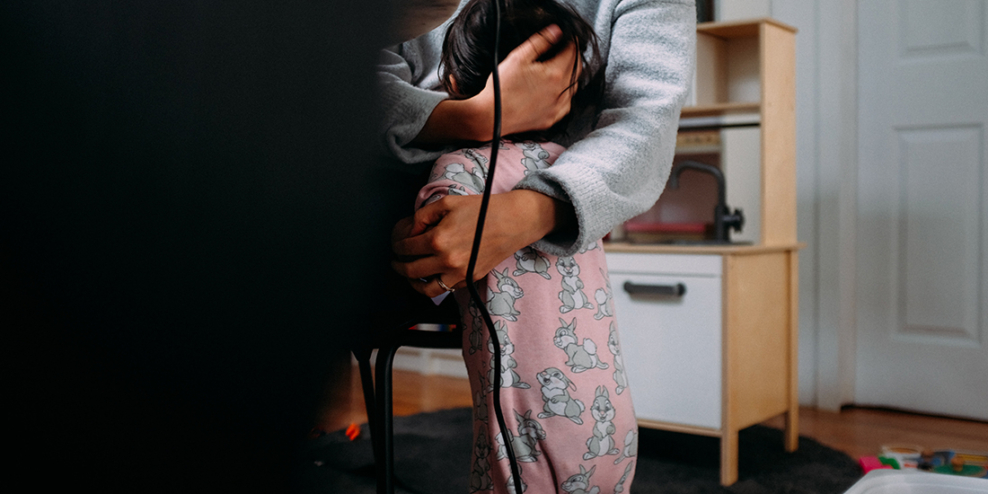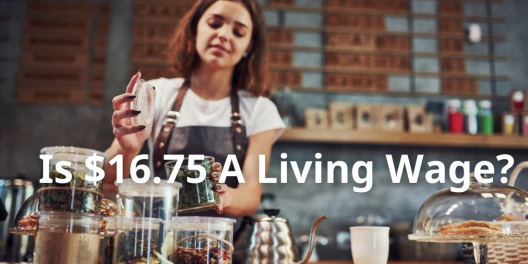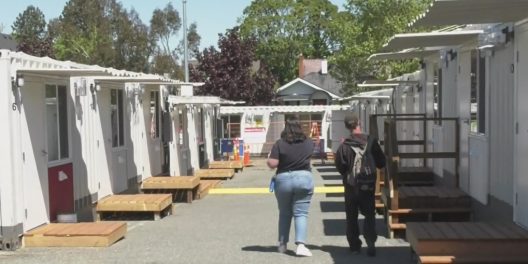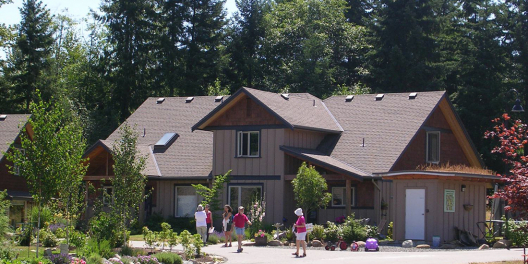BC’s minimum wage will increase to $15.65/hour starting June 1. That’s a 2.8% increase, and it’s based on the inflation rate in 2021.
The BC government deserves some credit because the raise means BC will have the highest minimum wage in Canada. But affordability advocates say that the cost of living in BC towns and cities is still going up way faster than minimum wage.
And maybe minimum wage isn’t the best way to think about whether folks are making enough money.
A living wage is defined as how much money a family of four would need to pay for housing, food, and other necessities.
The non-profit organization Living Wage for Families BC says workers need to make more than $20/hour to pay the bills in Victoria and Vancouver.
The provincial government based its latest increase on the average inflation rate over the past year. But Statistics Canada says the same basket of stuff costs 5.1 % more in BC today than it did a year ago. That means the wage hike is falling short by more than 2%.
And that means more and more people in BC will be stretched thin.
Anastasia French, campaign director for Living Wages for Families BC, says that many families are falling behind. She says they need to work an extra 10 hours a week at other jobs just to make ends meet.
“That’s time they could be spending with their families,” French told CTV News.
And it’s not just a big city problem.
The new minimum wage isn’t enough to take care of a family of four in many Vancouver Island communities. According to Living Wage for Families BC, folks would need to make $16.44/hr in the Comox Valley, $16.33/hr in Nanaimo, and $19.13/hr in Cowichan Valley.
Clayoquot Sound, which includes Tofino, Ucluelet, and remote First Nations communities, has the highest living wage in BC at $21.15/hr.
The wage increase also applies to minimum piece rates that apply to 15 crops in BC’s agricultural sector.











